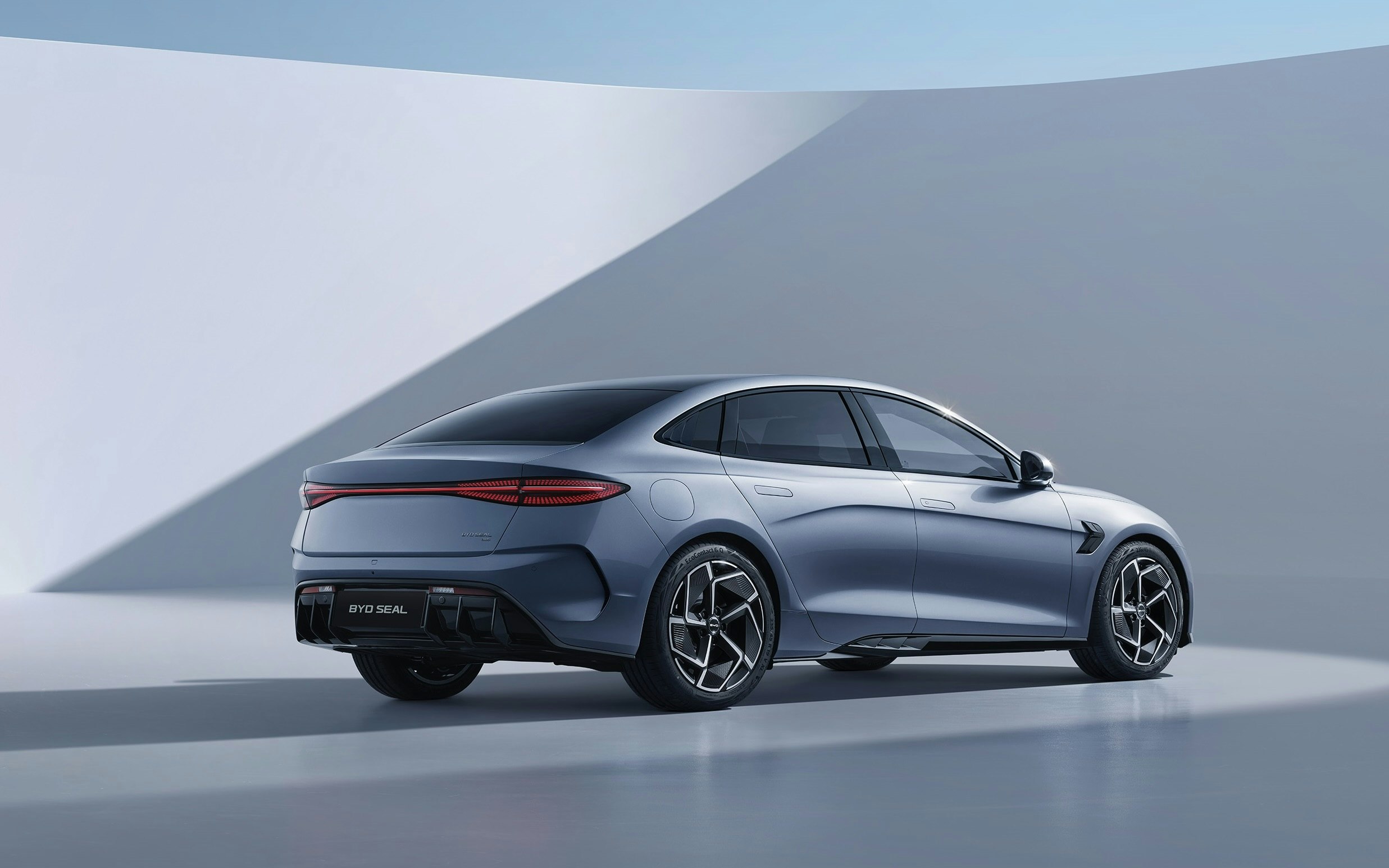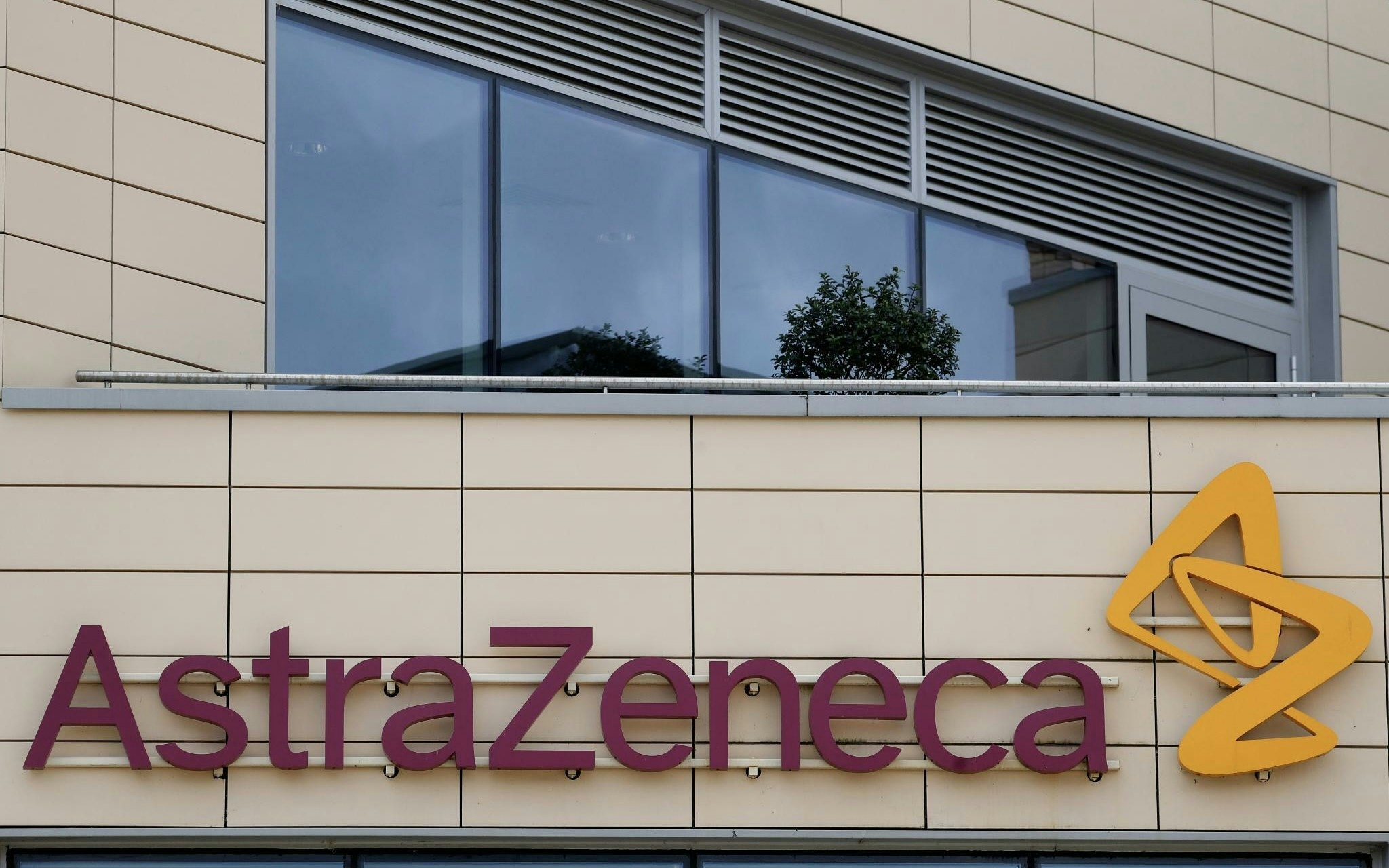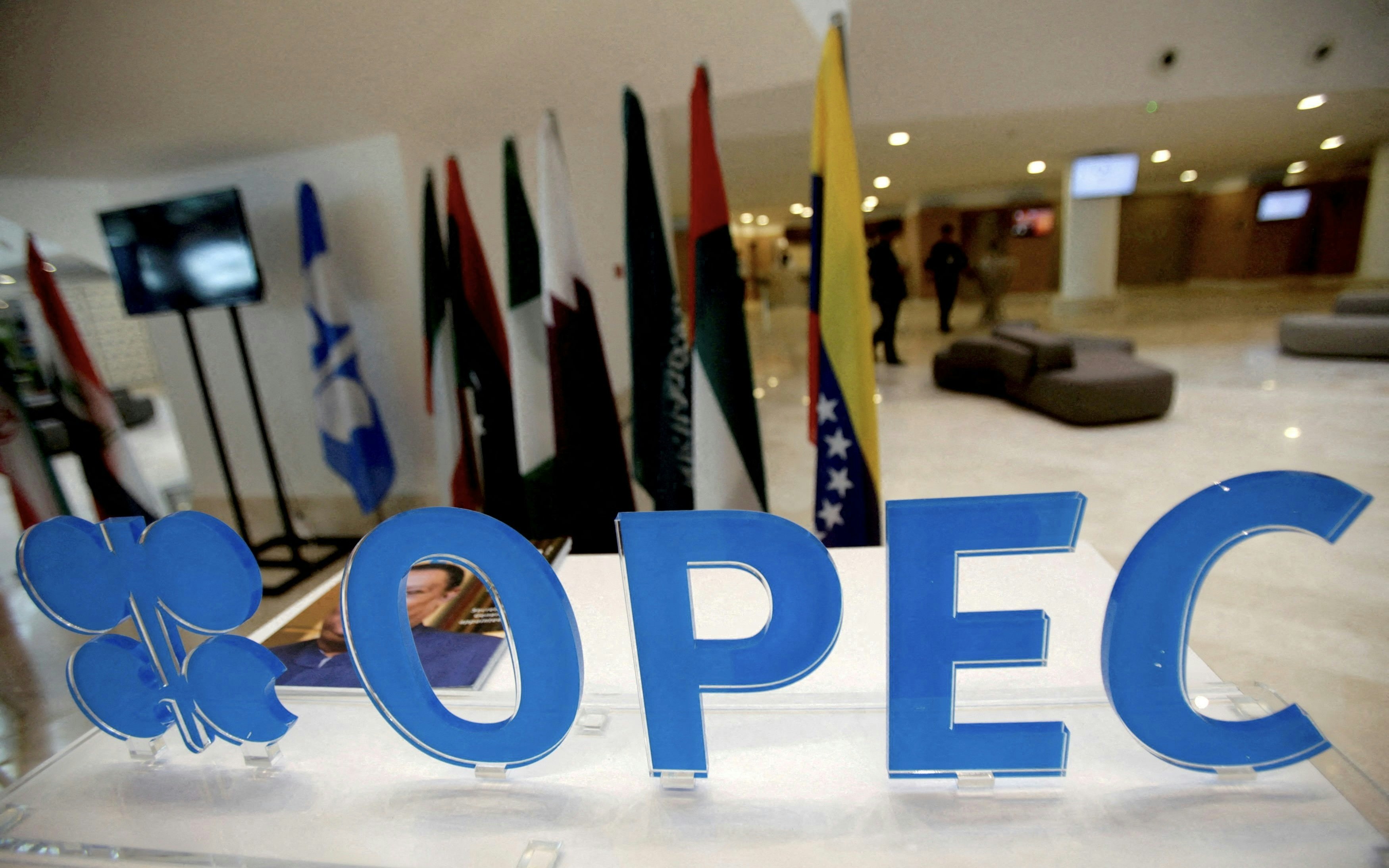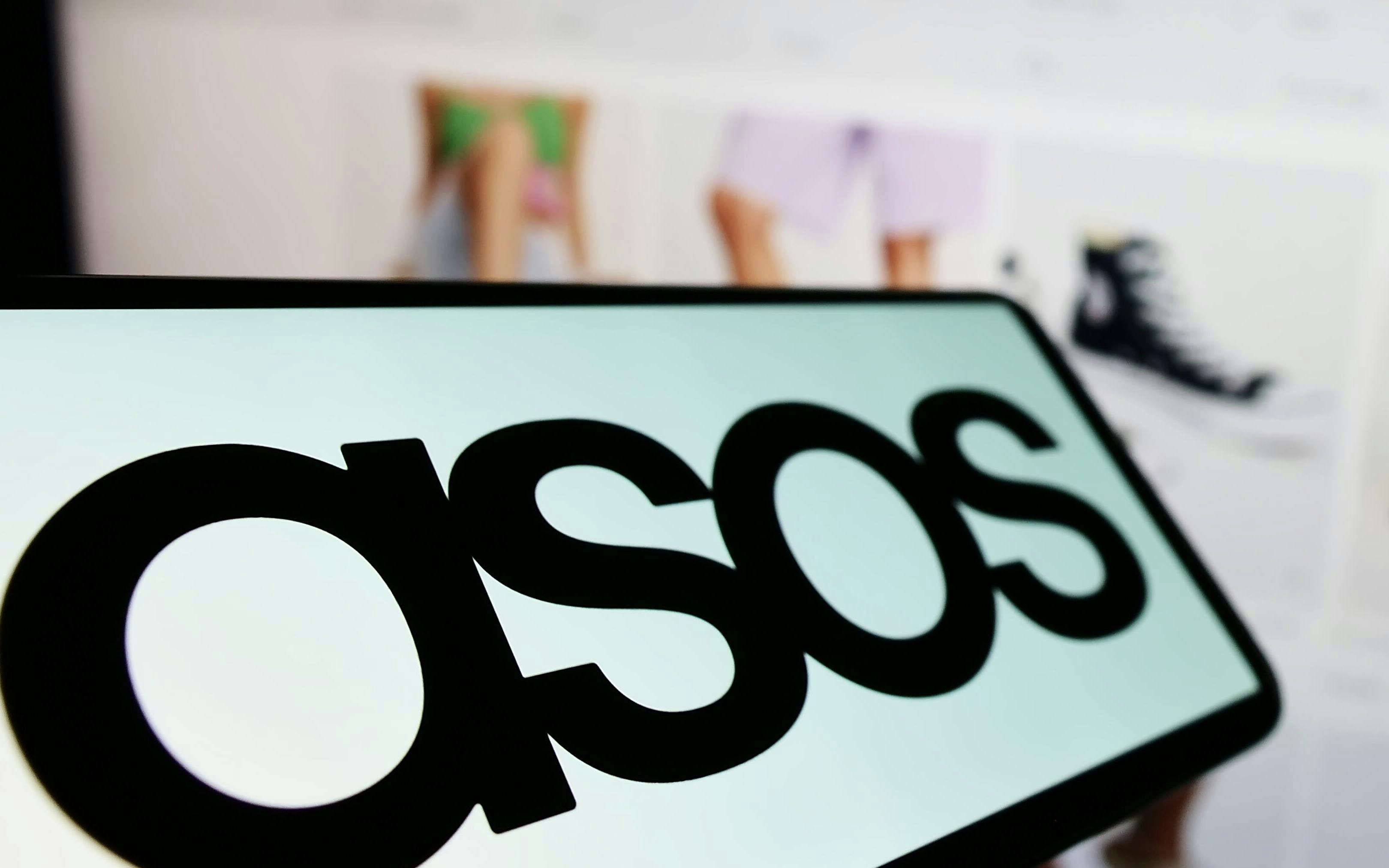The Chinese automobile manufacturer BYD has signed a 1 billion US dollar contract to build an electric vehicle plant in Turkey. This is a significant step in BYD's strategy to expand its production in Europe and continue its international expansion.
The plant, which is scheduled to go into operation at the end of 2026, will have a production capacity of 150,000 vehicles per year and create approximately 5,000 jobs, the Turkish government announced on Monday.
This agreement comes at a time when BYD, the world's second-largest electric vehicle manufacturer after Tesla and backed by Warren Buffett, aims to tap into the large EU market. At the same time, Brussels is tightening access for vehicles imported from China. Currently, BYD is also building a factory in Hungary, which is expected to start production next year, and is considering constructing a second factory in that country.
Europe plans higher tariffs on Chinese-made electric vehicles to protect domestic automakers. BYD will have to pay a total tariff rate of 27.4 percent on electric vehicles imported from China. Turkey has also taken steps to protect its domestic automakers, recently imposing an additional 40 percent tariff on all imports of Chinese vehicles.
Turkey has a large automotive industry in which foreign companies such as Hyundai, Toyota, Renault, and Ford often operate through joint ventures. According to the Turkish Association of Automobile Manufacturers, about 1.5 million vehicles were produced in Turkey last year. The country's most important export market is the EU.
Since Turkey is part of the EU Customs Union, vehicles can be exported to the bloc without additional duties.
Analysts at UBS explained that local production in Europe is always a "possible consequence" of EU tariffs. "BYD is already investing in a plant in Hungary for this reason," they said, adding that Chinese cars produced in Eastern Europe are still about 25 percent cheaper than cars from their major European competitors.
Mehmet Fatih Kacır, the Turkish Minister of Industry, stated on Monday that the deal with BYD is a sign of Turkey's "potential not only to be a center for international investments but also to be a center for innovation and advanced green technology." Turkish President Recep Tayyip Erdoğan and BYD founder Wang Chuanfu attended the signing ceremony, which according to Turkish state media, took place in Istanbul.
Kacır added that Turkey is in "intense negotiations" with other automobile manufacturers in Europe and Asia regarding investments at a time when Ankara wants to attract foreign capital to advance far-reaching economic reforms.
BYD did not comment on inquiries regarding the deal or the structure of its investment. The new plant is expected to manufacture both electric and hybrid vehicles and will include a research and development center, Turkey stated.
Analysts pointed out that the investment is proof that Chinese automakers are adjusting their strategies to circumvent protectionist measures.
A sign of Turkey's EV ambitions is President Erdoğan's request to Elon Musk in September last year to build a Tesla factory in Turkey. The country is also developing its own electric vehicle through a state-supported project.
BYD's top manager in Europe said at the Financial Times' Future of the Car Summit in May that the company wants to increase local production in its target markets: "Shipping cars from China to Europe will not be a long-term solution. In the long term, it is to produce locally," said Michael Shu.










